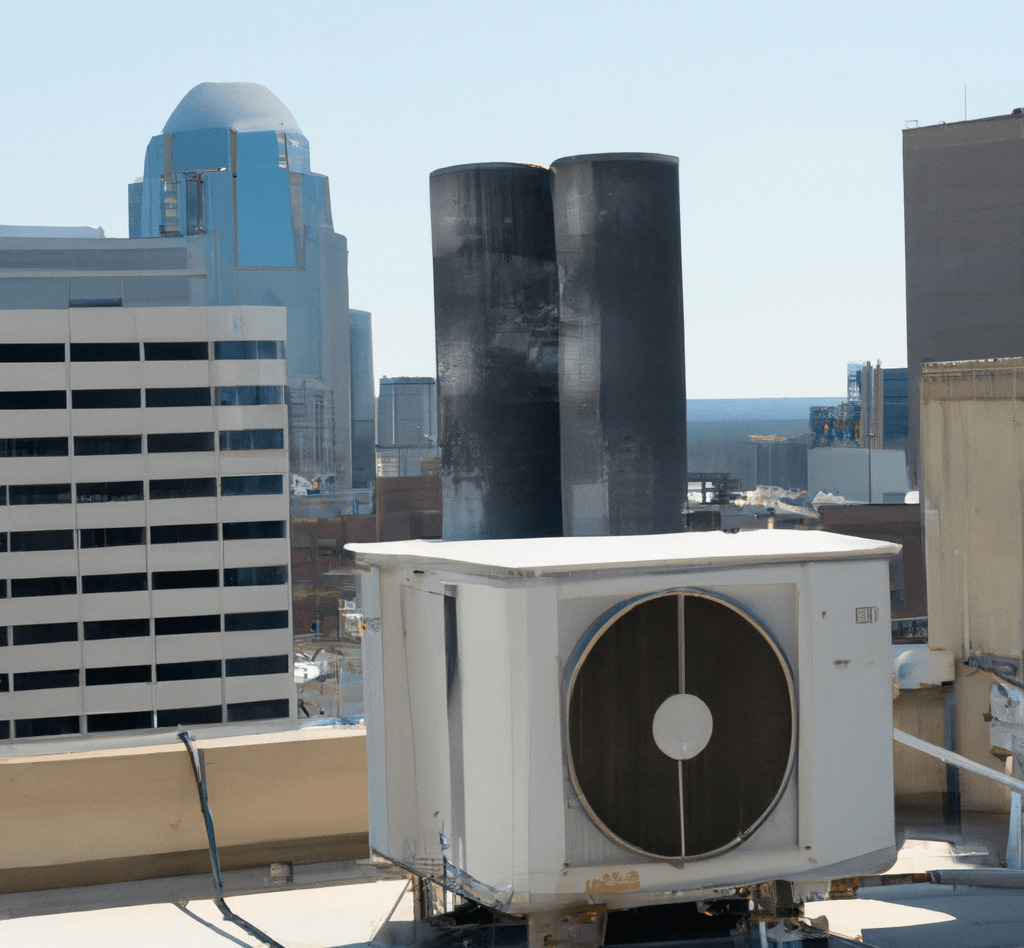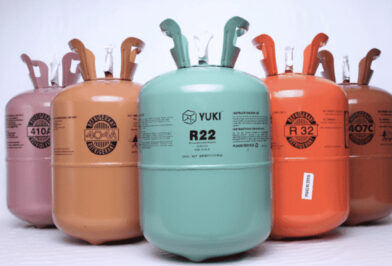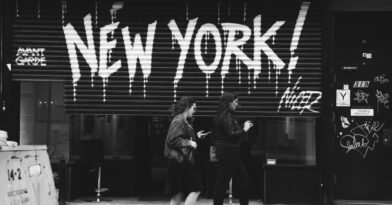New York City’s Local Law 97, also known as the Climate Mobilization Act, is a historic piece of legislation to reduce carbon emissions from large buildings. The law, enacted in 2019, mandates a 40% reduction in emissions by 2030, a bold target impacting the city’s HVAC (heating, ventilation, and air conditioning) industry and other metropolitan areas.
Positive Impacts on New York City HVAC Businesses
The Climate Mobilization Act is a boon for the HVAC industry in New York City. According to data from the NYC Department of Buildings, there are approximately 50,000 large buildings in the city that will need to retrofit their heating, cooling, and ventilation systems. This massive demand for HVAC services is expected to increase business opportunities for contractors and engineers, as well as manufacturers of HVAC equipment and procurement services.
Furthermore, the law also incentivizes buildings to adopt renewable energy sources like solar, wind, and geothermal power. This is reflected in the data, with a 20% increase in the number of renewable energy projects in New York City between 2020 and 2021. HVAC businesses specializing in renewable energy solutions are expected to see a corresponding increase in demand for their services.
Negative Impacts on New York City HVAC Businesses
While the Climate Mobilization Act has many benefits for HVAC businesses in New York City, it has its challenges. According to a survey conducted by the New York Building Congress, the cost of retrofitting buildings to meet the new requirements is a significant concern for building owners, with 80% indicating that they would need financial assistance to make the upgrades.
In addition, retrofitting a building can be a complex and time-consuming process, which can pose difficulties for HVAC businesses. A New York City HVAC Contractors Association survey found that 60% of contractors and engineers would need additional training and equipment to meet the new requirements.
Impacts on Other Metro Cities
New York City’s Climate Mobilization Act serves as a model for other metropolitan areas. According to data from the National Association of Cities, over 50 cities in the United States have passed similar laws to reduce their carbon emissions.
The data shows that these laws are having a significant impact on HVAC businesses in these cities. A study by the National Renewable Energy Laboratory found that the demand for HVAC services has increased by 15% in cities that have enacted similar laws. However, the cost of retrofitting buildings and the investment required to meet the new requirements is also a concern, with 50% of HVAC businesses in these cities indicating that they would need financial assistance.
How Materials Procurements Will Be Impacted
Implementing New York City’s Climate Mobilization Act is expected to impact the procurement of HVAC materials significantly. According to the NYC Department of Buildings, many of the large buildings in the city that will need to retrofit their HVAC systems will require the purchase of new equipment, including high-efficiency boilers, air-source heat pumps, and energy-efficient ventilation systems.
This demand increase for HVAC materials will likely put pressure on suppliers, as the timeline for retrofitting buildings is relatively short and thus increases lead times at a micro and macro level. Building owners must purchase and install the necessary equipment quickly to meet the law’s requirements, which could lead to higher prices and increased competition for materials.
However, the law also provides opportunities for manufacturers of energy-efficient HVAC equipment. The demand for high-efficiency equipment is expected to increase, and manufacturers that can meet this demand will benefit from the growing market for energy-efficient HVAC solutions.
Conclusion
New York City’s Climate Mobilization Act is a landmark piece of legislation that significantly impacts the city’s HVAC industry and other metropolitan areas. While there are both positive and negative impacts, it is clear that the law will play a critical role in shaping the future of the HVAC industry. HVAC businesses that are proactive in adapting to the new requirements and are willing to invest in training and equipment will be well-positioned for success in this rapidly changing landscape.
The already stressed supply chain and increase in lead times for some products will undoubtedly impact materials procurement. A plan ahead of time will put those businesses looking to take advantage of this act ahead of the curve.
Ply is here to help your business prepare and buy better.



